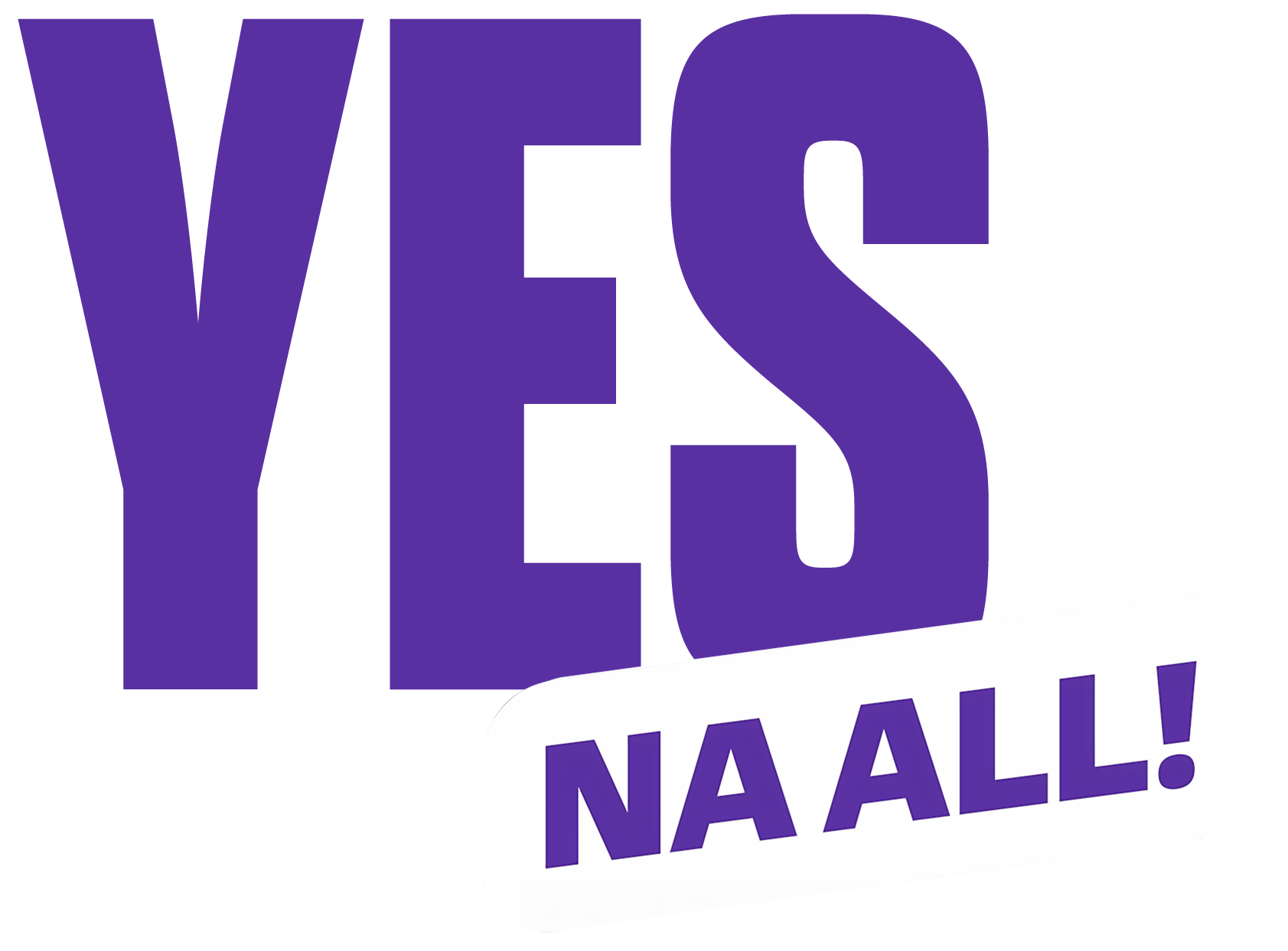- November 20, 2023
- antonreyes
The Ordinance SP-3253, S-2023, recently passed in Quezon City, plays a crucial role in enhancing governance through active civil society participation. Authored and supported by Councilor Anton Reyes, this ordinance accredits 913 non-governmental organizations (NGOs), people’s organizations (POs), and other civil society organizations (CSOs). It aligns with Republic Act No. 7160, also known as the Local Government Code of 1991, and follows the guidelines set by the Department of the Interior and Local Government (DILG) Memorandum Circular No. 2022-083. This legislation underscores the city’s commitment to inclusive governance and participatory democracy.
Objective of the Ordinance
The primary objective of Ordinance SP-3253, S-2023 is to formally recognize and accredit civil society organizations (CSOs), enabling them to engage in local governance actively. Accreditation provides these organizations with opportunities to participate in policy-making, project implementation, and decision-making processes within Quezon City’s local government. By ensuring transparency and inclusivity, the ordinance strengthens collaboration between the government and CSOs for effective public service delivery.
Key Provisions of Ordinance SP-3253, S-2023
The ordinance outlines specific actions for implementation:
- Accreditation of 913 Civil Society Organizations – The ordinance grants official recognition to NGOs, POs, and CSOs, allowing them to be involved in governance.
- Compliance with Republic Act No. 7160 – Ensures that accredited organizations adhere to the standards and regulations set under the Local Government Code of 1991.
- Alignment with DILG Memorandum Circular No. 2022-083 – Establishes clear guidelines for the accreditation process, ensuring uniformity and fairness.
- Participation in Local Government Affairs – Accredited organizations can contribute to policy-making, governance oversight, and project implementation.
- Transparency and Accountability – Encourages a transparent accreditation process, preventing fraudulent entities from gaining government recognition.
Expected Impact of the Ordinance
The approval of Ordinance SP-3340, S-2024 is expected to bring positive changes to Quezon City, including:
- Greater Public Engagement in Governance – By accrediting 913 CSOs, Ordinance SP-3253, S-2023 empowers citizens to take an active role in local governance, ensuring their voices are heard in decision-making processes.
- Improved Transparency and Accountability – With accredited CSOs participating in local governance, the ordinance enhances transparency, reducing instances of corruption and ensuring that government programs address real community needs.
- Strengthened Collaboration Between the Government and Civil Society – The ordinance fosters stronger partnerships between local government units and civil society organizations, leading to more effective and responsive public services.
- Sustainable Community Development – By involving CSOs in planning and implementation, Quezon City can achieve more sustainable and community-driven development programs.
Conclusion
The passage of Ordinance SP-3253, S-2023 is a milestone in Quezon City’s governance, emphasizing transparency, inclusivity, and civil society participation. Spearheaded by Councilor Anton Reyes, this ordinance acknowledges the vital role of NGOs, POs, and CSOs in shaping policies and implementing programs that directly impact communities. By reinforcing the principles of Republic Act No. 7160 and adhering to DILG Memorandum Circular No. 2022-083, the ordinance sets a precedent for inclusive and participatory governance in the city.
For more details, visit:
Quezon City Council Website
allanreyes.ph




